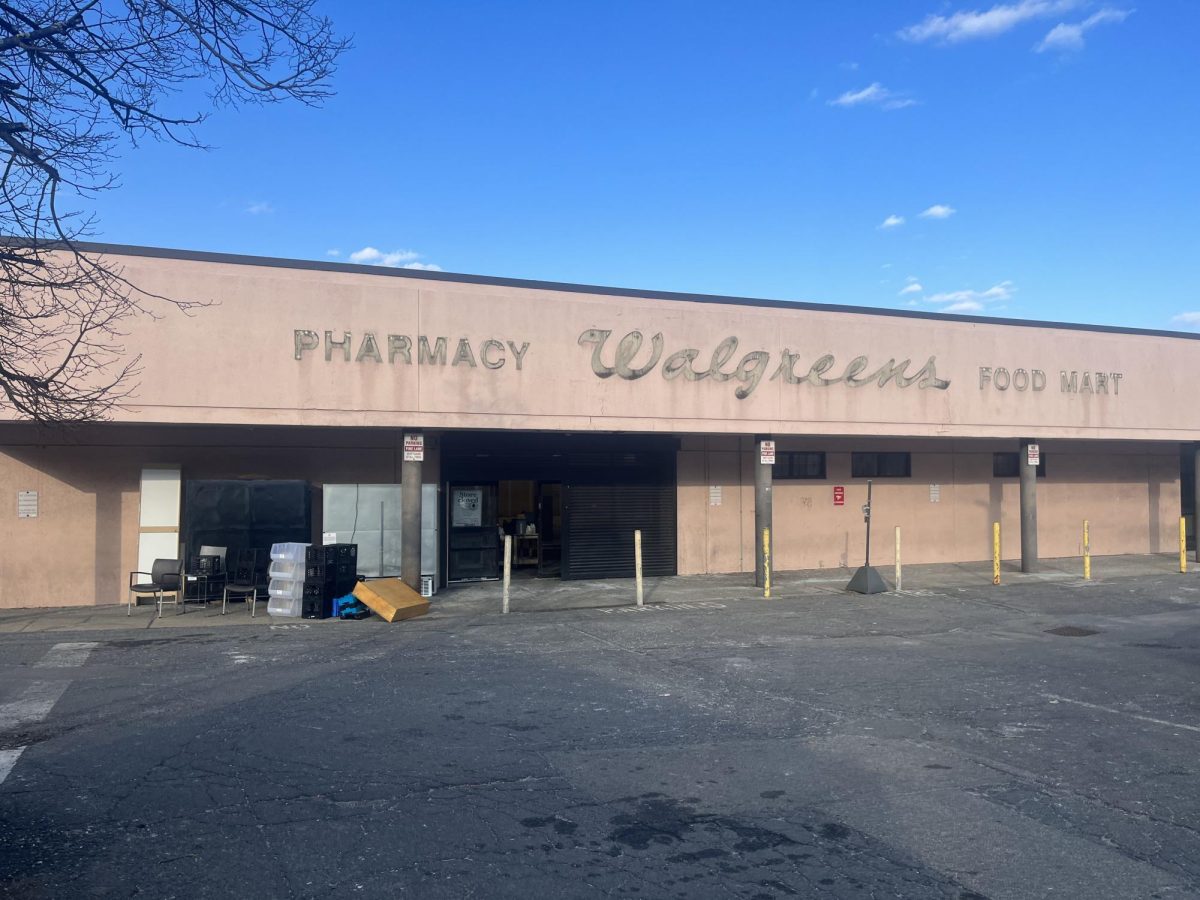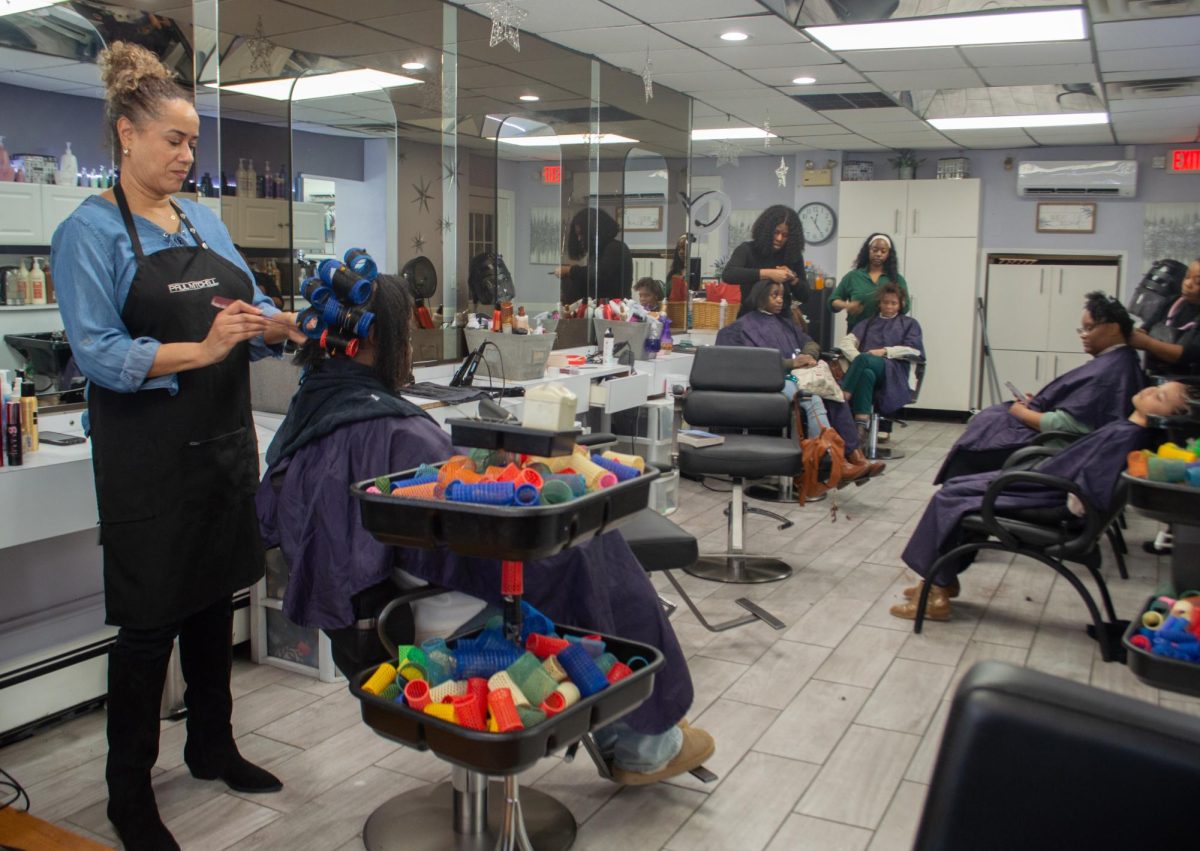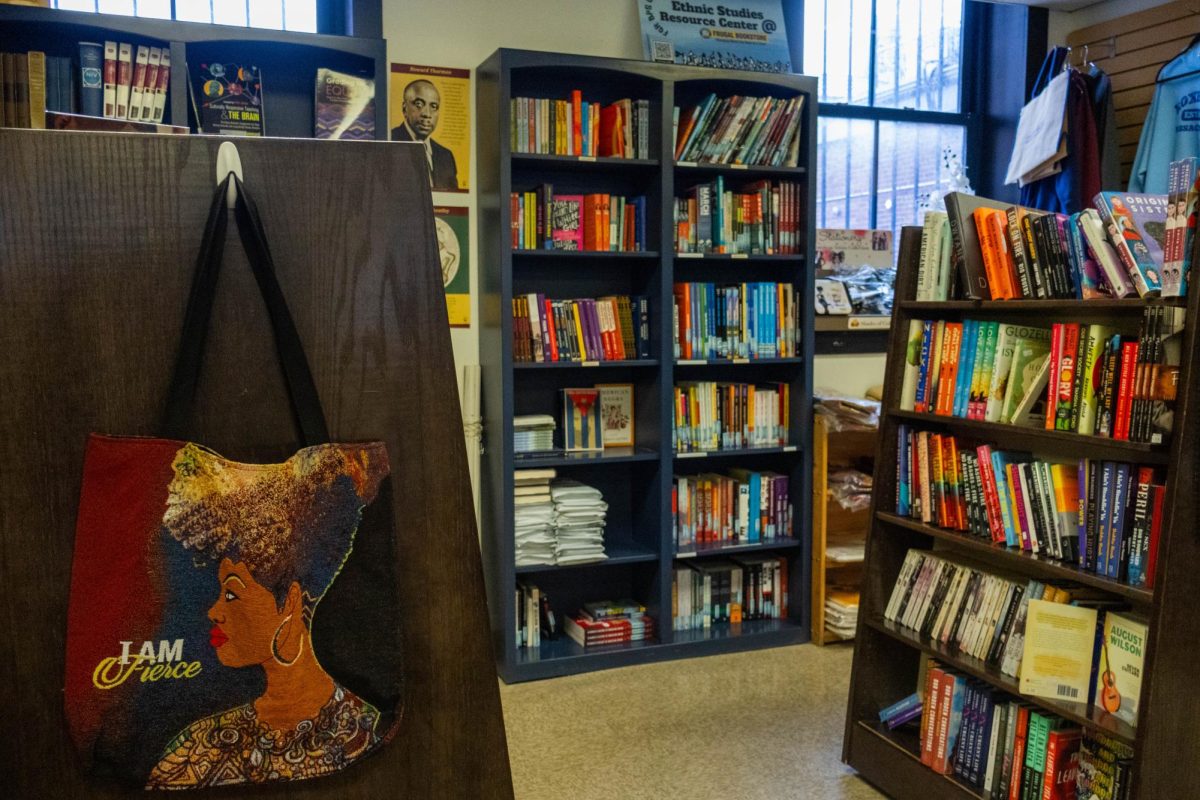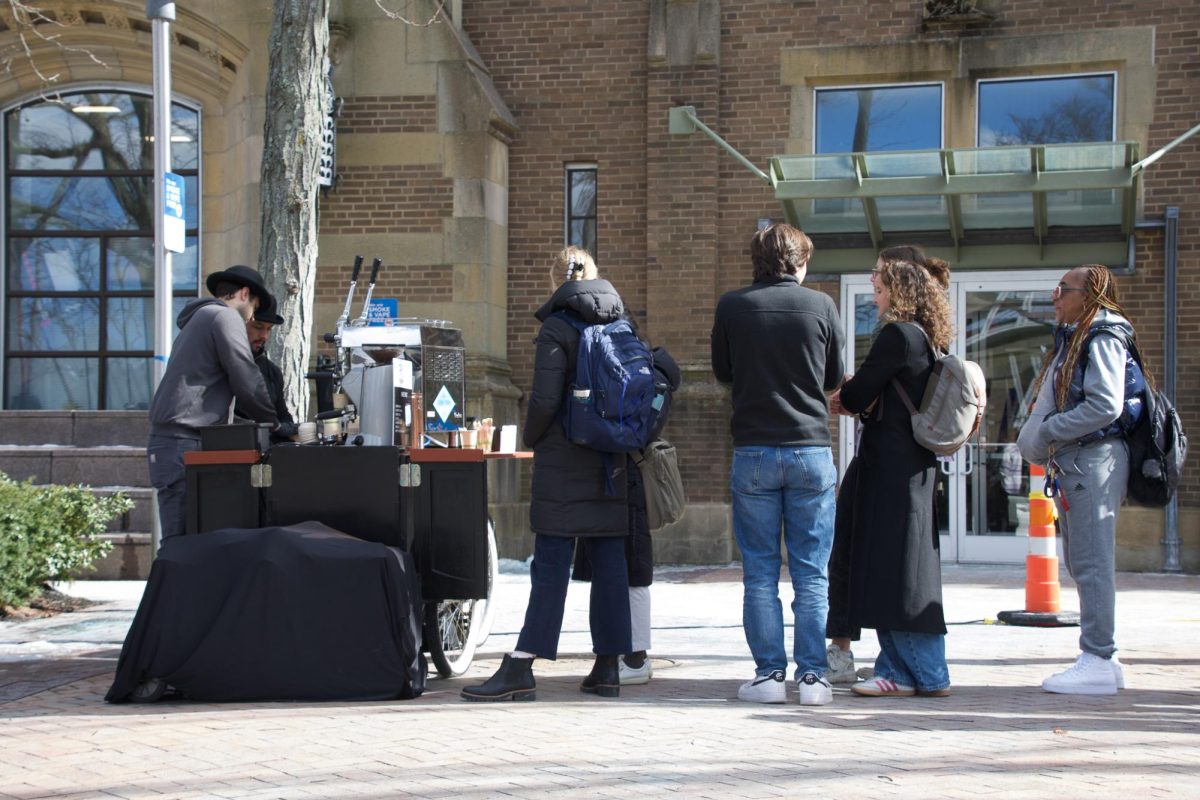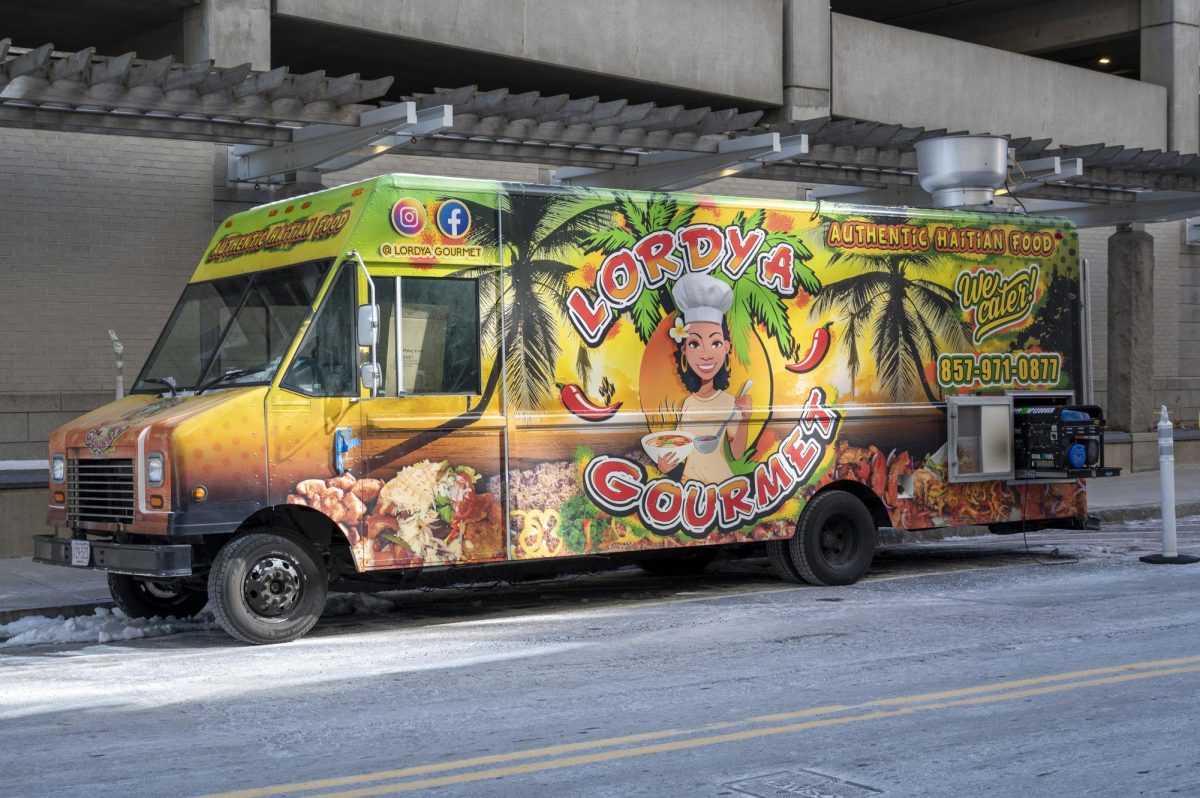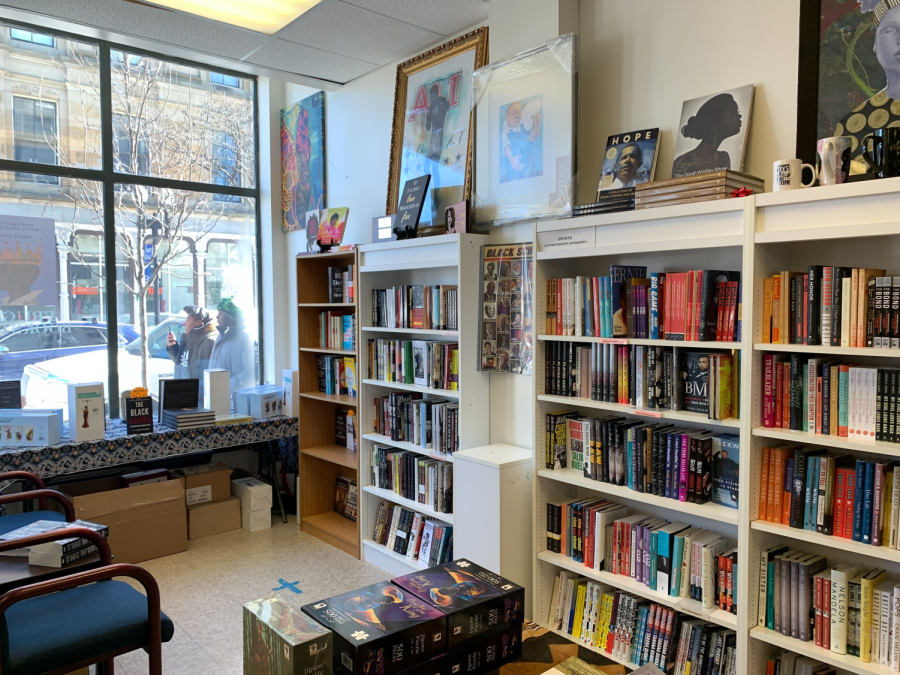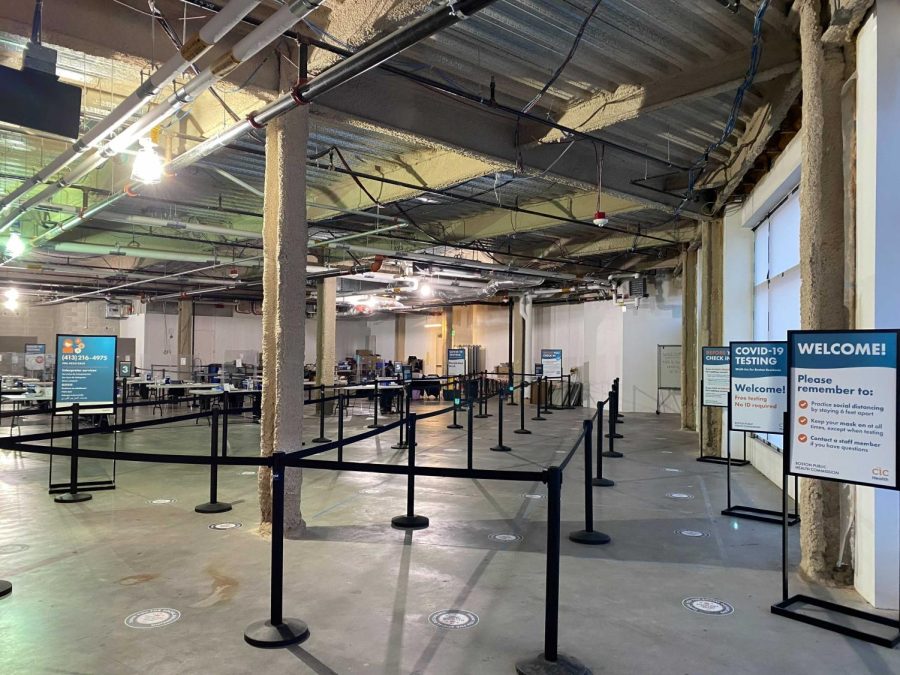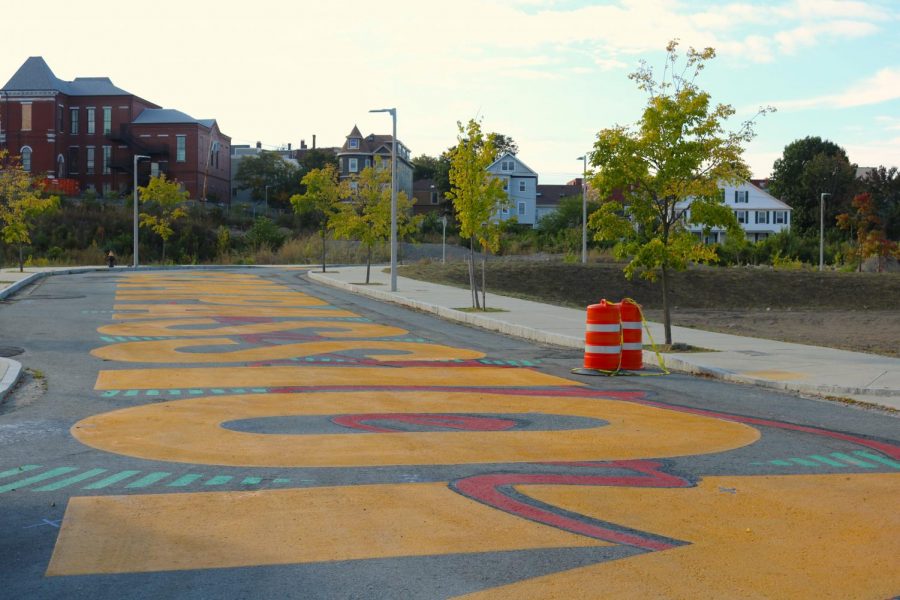The Walgreens at 416 Warren St. in Roxbury officially closed Jan. 31 despite protests from local residents and elected officials.
The closure leaves the neighborhood with just one location on Columbus Avenue, about a mile away from the closed site. The walk between the two is just over 20 minutes, according to Google Maps, a difficult feat for the many seniors who require medications from the pharmacy.
Denise Hogan, a senior and longtime customer of the 416 Warren St. Walgreens, said she would use the drug store to pick up anything and everything — from her medication, to laundry detergent and reading glasses.
“It was right in the neighborhood,” she said.
The prime location of the pharmacy became a cornerstone of the community after the closure of multiple Walgreens branches in other neighborhoods a couple years ago.
Hogan’s biggest issue with the closure was the lack of notification from Walgreens.
“When I first heard about it, they were about to close in one week,” Hogan said. “It was a shock. They didn’t give us any time whatsoever. No notice about anything.”
She said she immediately called her city councilor, District 7’s Tania Fernandes Anderson, to see what could be done. Since then, Hogan has been to three protests and has joined Prophetic Resistance Boston to take action.
Prophetic Resistance Boston is composed of Black and Latinx pastors and congregation members who engage communities of color in Boston. They have been organizing in the community for the past five years, mainly to address issues of mass incarceration, said Danielle Williams, the organization’s director.
Williams said she found out about the closure in the first week of January, two days before she was supposed to come back from vacation.
“I was surprised, I never received notification,” Williams said. “I recently found out I have high blood pressure, so I pick up my … medicine from there. I received no notification at all that the store was closing.”
She andRev. Miniard Culpepper of the Pleasant Hill Missionary Baptist Church began organizing protests in opposition to the closure. They asked Walgreens to stay open until spring rather than in the middle of winter.
“This wasn’t my plan, but I just couldn’t see seniors out in the cold,” Williams said. “God forbid one of them slip and fall on their way up to Columbus Ave.”
The group was unable to secure that demand. Instead, Walgreens agreed to keep the store open up to Jan. 31 rather than closing by Martin Luther King Jr. Day, which Williams said was a tough transition for community members.
Walgreens transferred all prescriptions to the Columbus Avenue location and stated that for 90 days they would provide free same-day delivery on purchases and prescriptions.
The 416 Warren St. location is the fourth Walgreens branch to close in the area since November 2022. Locations at 2275 Washington St. in Roxbury, 1329 Hyde Park Ave. in Hyde Park and 90 River St. in Mattapan all shut down without clear reasons from the company.
The closure of those pharmacies, which were all located in primarily Black and Latinx neighborhoods, prompted discussion of “pharmacy deserts.”
“Pharmacy deserts” is derived from the term “food deserts,” coined by the U.S. Department of Agriculture. It alludes to areas where medications are hard to acquire. Studies have found that the number of pharmacies is statistically lower in primarily Black and Hispanic communities.
The closure of 416 Warren St. only exacerbates the problem. Culpepper said it was considered an “anchor pharmacy” after the three closures in 2022.
“Many of those customers came to this Walgreens at Quincy and Warren Street,” he said. “When this one closed, I think it really created a void that is making it challenging for folks to get their medication.”
The location was not only centrally located, but it was close to a residential area and even next door to Fresenius Kidney Care Roxbury, a dialysis center.
“From my perspective, it’s a matter of life and death,” Culpepper said. “In our community, we have high blood pressure issues, we’ve got diabetes issues. … When you look at the health challenges that we have in our community, the pharmacies are critical in terms of the medication and life sustaining medication.”
Williams and Culpepper are considering filing a lawsuit against Walgreens. Culpepper said he met with lawyers from the Massachusetts Attorney General’s office, but they are still discussing options.
Williams said that despite Walgreens being very receptive at the start of their communications, “at the mention of a lawsuit, they shut down.”
It has now been about three weeks since Williams and those in communication say they heard from Walgreens.
In addition to a lawsuit, Williams is also looking to pass a city ordinance regarding notification so that pharmacies give at least a 90 day notice before closing. They are looking to pursue a City Council hearing with the help of Councilor Anderson after the success of two listening sessions earlier on; they have yet to get a hearing.
Based on the support from politicians and the widespread impact of pharmacy deserts across the country, Williams believes that they could take action with state law and even federal legislation.
More politicians joined the community pushback in January when Senators Ed Markey and Elizabeth Warren, along with Congresswoman Ayanna Pressley, sent a letter to Walgreens CEO Tim Wentworth asking them to keep the location open.
Pressley also took to the U.S. House floor Jan. 30 to call out Walgreens, writing in a tweet later that the drug store closures “are disruptive, life-threatening acts of racial & economic discrimination.”
Mayor Michelle Wu has said the city is exploring the options of instituting a locally owned pharmacy to replace the store chain. Many members of the community are interested, including Williams. Williams said it would require “seed” money.
In the meantime, Prophetic Resistance Boston is working with health centers with existing pharmacies, like Whittier Street Health Center, to help fill the void.
Despite the reactive action from Walgreens and the work of community leaders to mitigate the impact of the closure, community members’ sentiments are a general lack of trust in the drug store chain.
“Walking or going farther distances to pick up … life saving medication, it’s a hardship,” Williams said. “When you look at the fact that 44% of the people in this area don’t drive and have to rely on public transportation that is iffy, it’s a hardship on top of a hardship in a traumatized community.”
Something as simple as the pharmacy down the street has a tremendous impact on the community; without it, residents struggle.
“If I could do it, I would boycott all the Walgreens everywhere,” Hogan said. “If I could get some people together and make a stand, I would boycott them and let them know how it feels to be deserted. To have something taken away from you.”


